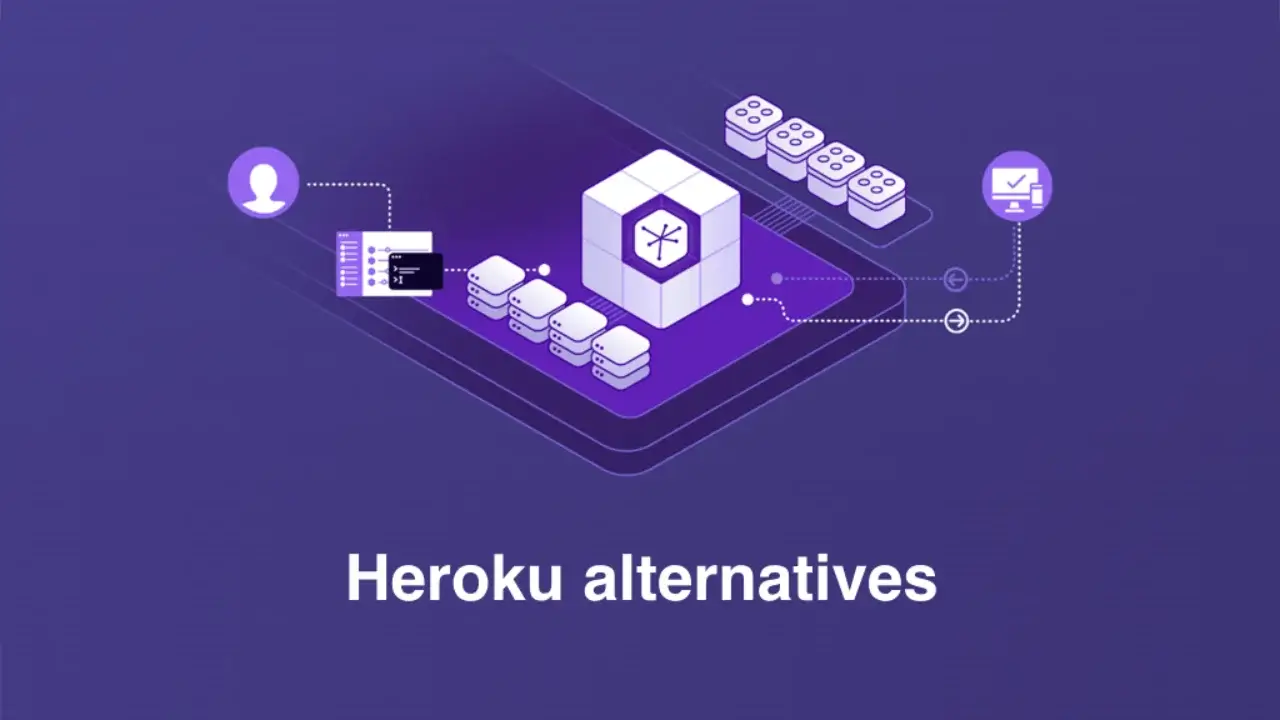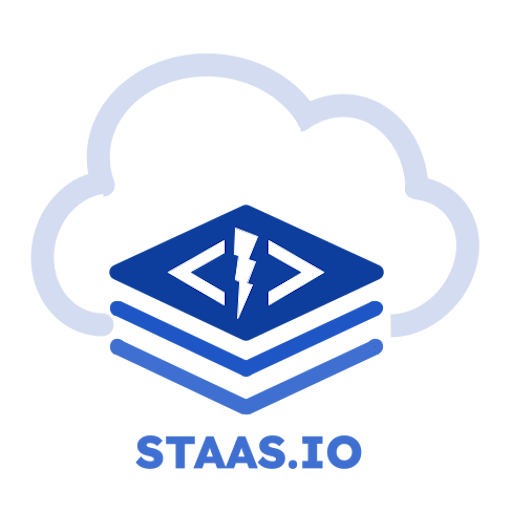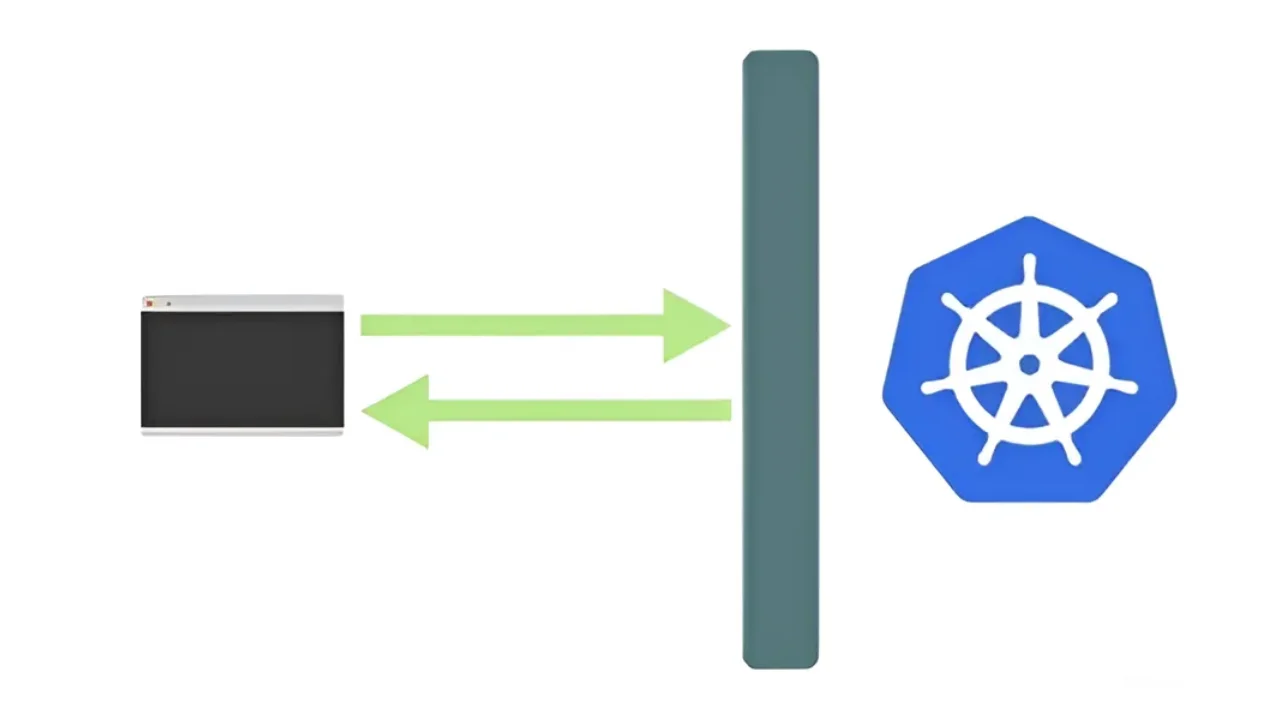
The best free Heroku alternatives in 2024
Are you looking for the best Heroku alternatives in 2024?
You are on the right place and this comprehensive tutorial will guide you about the best Heroku alternatives and cover competitors like Staas.io, Render, Railway, and many more.
The article will first provide an overview of Heroku and highlight why users are looking for alternatives to Heroku.
Subsequently, this article will explore each Heroku alternative individually, covering the core features and pricing structure.
Heroku is Salesforce’s platform-as-a-service that lets developers quickly deploy, manage, and scale apps. Heroku offers powerful functionalities that include:
- Lightweight containers that run applications
- Managed database services
- Continuous delivery and integration
While Heroku delivers an increasingly sophisticated collection of services that covers various cloud hosting requirements, it’s not always the most straightforward, quickest, or most affordable choice.
Why should you look for Heroku alternatives?
Well, there are lots of reasons why you should look for Heroku alternatives, and some of them are as follows:
| Aspect | Details |
|---|---|
| Free Tier Discontinued | Since November 28, 2022, Heroku no longer offers a free tier or free Dynos. Many users are looking for alternatives to Heroku’s free services. |
| Expensive Pricing Structure | Heroku’s pricing is costly compared to services like Staas, Render, or AWS. For instance, a Standard Plan with 1GB of RAM costs $50/month on Heroku, while a similar plan on Staas.io costs $5/month. Learn about Heroku Pricing |
| Limited Regions | Heroku operates only in the USA and Europe, potentially causing latency for global apps, especially in Asia, Australia, and South America. For other regions, upgrading to a Private Space is required. Price details are not listed and require contacting sales. |
| Stagnation | Heroku is perceived as not keeping pace with rapid technological changes, lacking in innovation and offerings such as global and multi-cloud deployment. Discussion on Hacker News |
The comprehensive cloud services list below will cover some of the best alternatives to Heroku and its core functionalities and pricing models.
Staas.io
Staas, your ultimate solution for affordable and powerful cloud computing, starting at just $5 a month with a free trial for the first month. Staas platform is designed to cater to a diverse range of needs, offering extensive support for multiple programming languages such as Go, Java, Microsoft .Net Runtime, NodeJS, Python, and PHP,... Staas provide a managed database and application development platform that simplifies your workflow.
Each plan includes GitHub deployment, persistent storage, and real-time logs, adhering to the Cloud Native Computing Foundation standards for effortless integration with other managed services. Staas fully managed infrastructure is not only easy to deploy but also scalable both vertically and horizontally, ensuring your applications can grow with your needs. With CI/CD pipeline, you can automate testing and code deployment seamlessly. Staas utilize containers to standardize application delivery, providing a secure environment for your projects.
Staas.io works flawlessly with leading cloud providers like AWS, GCP, and Azure, leveraging each provider's strengths without the burden of maintenance and recovery costs. Powered by Kubernetes, Docker, and container architecture, our familiar stack configuration eliminates the learning curve, allowing you to focus on what you do best while we handle the complex infrastructure. Choose Staas.io for a seamless, cost-effective, and robust cloud computing experience.

Start building with Staas.io
STAAS.IO is the cloud platform that shatters application development complexity. Imagine a quick, cheap, and easy environment to build your next big product – one that seamlessly scales to production with Kubernetes-like simplicity. Unlike others, we offer full native persistent storage and volumes, adhering to CNCF containerization standards for ultimate flexibility and freedom from vendor lock-in.
Render
Render is a Heroku alternative that has operated since 2018.
Render platform is a fast way to host web apps, APIs, static sites, CRON jobs, and containers. It offers autoscaling, managed services, preview environments, APIs, etc.
Render pricing structure works with two key variables – number of team members and computing resources. The platform provides a free tier, and the entry-level paid package starts at $19 monthly.
Digital Ocean App Platform
Digital Ocean is known for being a reliable cloud hosting provider and has operated since 2011. The company has over 600k customers and supports brands like Snipitz, Jiji, and Squarebird.
This cloud provider offers various products, including virtual machines, managed databases, and an application development platform, and some users say it’s better than Heroku.
Digital Ocean App Platform offers a fully managed infrastructure for customers looking to build, deploy, and scale applications.
The platform provides thirty party integrations for log analyses, monitoring, rollback as needed, and support use cases like web applications, APIs, and websites.
This tool helps developers to be more productive, supports many programming languages like Python, Go, and PHP, and has built-in security.
The App Platform is a free Heroku alternative, the entry-level plan is free of charge, and paid plans start at $5 monthly. High availability clusters begin at $12 monthly and are available under the Professional Plan.
Railway
Railway is a cloud provider that has operated since 2020, and its key customers include Atmos, Zora, and Fion Tech.
The platform works for small and large projects and supports multiple programming languages. It offers automatic builds, team collaboration, and various environments.
Railway is highly flexible and offers vertical and horizontal scaling for its users, high availability with 99.95%+ uptime, and secure infrastructure with 2FA and permissions.
This Heroku competitor offers a free service trial, and paid plans start at $5 monthly. All plans include GitHub deploys, persistent storage, and real-time logs.
Platform.sh
Platform.sh is a platform as a service provider that allows customers to deliver applications faster and at scale. It has operated since 2015, and its key customers include Johnson & Johnson, Unity, and Pinterest.
It’s a solution for developing, deploying, and hosting websites and web applications. The platform supports over 100 frameworks like Drupal, WordPress, and Magento and 14 programming languages, including PHP, Python, and Node.js.
Platform.sh offers a CI/CD pipeline to automate testing and code deployment, utilizes containers to standardize the application shipment, and offers a secure and scalable environment.
The company centers its offering around enterprise customers and offers a 30-day free trial. The entry-level production environment costs $27 monthly and offers 0.65 vCPU/0.65GB RAM.
Fly
Fly is a cloud provider that allows customers to launch applications near end-users. It has operated since 2017, and its key customers include Glitch, Glide, and Fanatics.
Using Fly, users can transform containers into micro-virtual machines and deploy them across 30+ zones globally.
The platform supports multiple programming languages and frameworks, such as Elixir, Ruby on Rails, Laravel, and many more.
The key differentiators of Fly are:
- Users’ ability to clone projects globally.
- Launch machines in around 300 milliseconds.
- Access zero-configuration networking.
Pricing-wise, Fly offers a free tier with up to 3 CPUs of 256MB and 3GB persistent volume storage. Above the free level, users pay according to their computing usage.
Porter
Porter allows users to deploy applications into their own cloud accounts in just a few clicks. It has been running since 2014 and supports customers like Writesonic, CareRev, and Getaround.
The company offers a new platform-as-service concept, allowing users to connect and deploy code directly to their cloud accounts. The platform supports integrations with AWS, Google Cloud, and Azure.
Using Porter is quite simple, and users need to integrate their GitHub repositories into the platform to allow Porter to access their cloud accounts. And Porter will handle the infrastructure, from building your application to autoscaling it.
The company offers a free tier, a $150/month package limited to 10 users, and a pay-as-you-go structure that supports AWS, Azure, and GCP deployment.
Engine Yard
Engine Yard is a PaaS – Platform as a Service leader in Ruby DevOps and has been running since 2006. Featured customers include Freshdesk, OXON, and 3PlayMedia.
The platform provides a fully managed service that includes horizontal and vertical scaling, constant security updates, and copying of the environment for testing.
The core functionality includes multi-zone AWS code deployment, autoscaling, automated backend, and application monitoring.
The support runs 24/07, and pricing starts at $25 per month. Engine Yard is similar to Heroku in many aspects, and it’s an excellent choice for Ruby on Rails deployment.
Open Shift
RedHat has been in business since 1993, and it’s known for providing open-source products to enterprise customers. Featured clients include Siemens, Zoom, and Verizon.
Open-Shift is part of RedHat’s offerings and allows customers to build, deploy, and scale applications quickly. The service is available on AWS, Azure, GCP, and IBM Cloud.
This Kubernetes-based Paas platform is a quick way for Enterprises and developers to streamline workflows, get in production faster, and modernize applications.
The product has cloud and self-hosting editions. The pricing for the cloud edition starts at $0.076 hourly, offers 4 vCPUs, and requires a 3-year contract.
As per G2 and when creating this document, the platform holds a notable 4.5 out of 5 stars rating. It is widely acknowledged as a comprehensive PaaS solution.
Dokku
Dokku is one of the best open-source platforms to use as a free alternative to Heroku.
Docker powers this solution, and developers can use Dokku to build and manage applications’ lifecycles without hassles.
Users can download Dokku and run the solution in any cloud environment; the tool supports multiple plugins like Postgres, Let’s Encrypt and Redis.
This Heroku free alternative is available on GitHub for download. The pro-version of Dokku costs only $849 and provides free updates for life and support.
Additionally, Digital Ocean offers one-click hosting for this project under its developer tools marketplace.
Conclusion
While Heroku is a powerful platform-as-a-service solution from Salesforce that supports multiple programming languages and helps users develop an application quickly, it offers some limitations, like the lack of a free tier and limited deployment regions.
This comprehensive guide has delved into numerous alternatives to Heroku, each offering unique features, pricing models, and advantages.
Whether you’re seeking more cost-effective options, different hosting locations, or open-source flexibility, the platforms covered provide a scope of choices to suit diverse development needs and preferences.
By understanding each Heroku alternative’s core functionalities, pricing, and user feedback, you can make an informed decision to find the right fit for your application development requirements.




